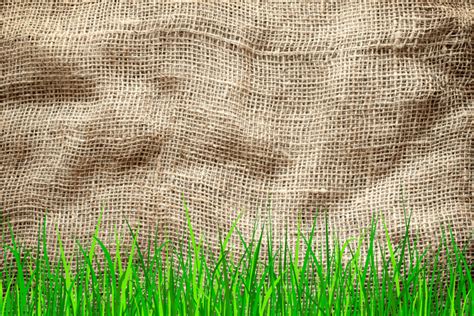How To Protect Grass Seed From Heavy Rain
Ronan Farrow
Apr 01, 2025 · 3 min read

Table of Contents
How to Protect Grass Seed from Heavy Rain
So, you've just painstakingly spread your grass seed, envisioning a lush, green lawn. But then the weather forecast calls for heavy rain. Panic sets in! Don't worry, protecting your newly sown grass seed from torrential downpours is achievable. Here's how to safeguard your investment and ensure a successful lawn.
Understanding the Problem: Why Heavy Rain Damages Grass Seed
Heavy rain can wreak havoc on newly sown grass seed in several ways:
- Erosion: The force of the rain can wash away the seed before it has a chance to germinate. This is especially true on slopes or areas with poor soil.
- Waterlogging: Too much water can suffocate the seed, preventing it from getting the oxygen it needs to sprout. This leads to poor germination rates and patchy growth.
- Crusting: Heavy rain can compact the soil, forming a hard crust on the surface. This makes it difficult for the seedlings to push through and emerge.
Preemptive Measures: Preparing for the Rain
The best defense is a good offense! Consider these strategies before the rain arrives:
1. Choosing the Right Time to Sow
If possible, try to sow your grass seed when a period of dry weather is forecast. This gives the seed a head start before any potential rain.
2. Soil Preparation is Key
Proper soil preparation is crucial. Ensure the soil is well-drained and free of compaction. This will help reduce waterlogging and erosion. Lightly rake the soil to create a fine seedbed.
3. Strategic Seeding Techniques
- Light Seeding: Avoid overseeding. Too much seed can increase competition and lead to a less successful lawn.
- Gentle Incorporation: Use a gentle method to incorporate the seed into the soil. Avoid burying it too deep. A light raking is often sufficient.
Protective Measures During Heavy Rain
If the rain is already on its way, or has started, these methods can help minimize damage:
1. Mulching: A Protective Layer
Applying a light layer of mulch can significantly protect your seed. Straw is a popular choice; it allows for water penetration while shielding the seeds from the force of the rain. Make sure it is relatively weed-free to avoid unwanted plant growth.
2. Netting: Keeping the Seed in Place
For particularly heavy downpours, consider covering the seeded area with a fine netting. This will prevent erosion and hold the seed in place. Remember to remove the netting once the rain has subsided to allow for adequate sunlight.
3. Erosion Control Blankets: For Steep Slopes
If you're working on a slope, erosion control blankets provide a more robust solution. These are designed to hold the soil and seed in place, even during intense rainfall.
Post-Rain Care: Helping Your Grass Recover
Once the rain has stopped, assess the situation. You might need to:
- Lightly Water (If Necessary): If the soil feels dry, apply a gentle watering to help the seeds settle. Avoid heavy watering, which could lead to waterlogging.
- Check for Erosion: If significant erosion has occurred, you may need to re-seed affected areas.
- Be Patient: Germination takes time. Don't get discouraged if you don't see results immediately.
By following these tips, you can significantly increase your chances of a thriving lawn, even in the face of heavy rain. Remember, preparation and the right protective measures are key to success. Happy gardening!
Featured Posts
Also read the following articles
| Article Title | Date |
|---|---|
| How To Open A Speakeasy | Apr 01, 2025 |
| How To Live As A Villain 113 | Apr 01, 2025 |
| How To Hang Bear Rug | Apr 01, 2025 |
| How To Make Booty In Infinite Craft | Apr 01, 2025 |
| How To Prevent Tooth Decay Under Crown | Apr 01, 2025 |
Latest Posts
Thank you for visiting our website which covers about How To Protect Grass Seed From Heavy Rain . We hope the information provided has been useful to you. Feel free to contact us if you have any questions or need further assistance. See you next time and don't miss to bookmark.
